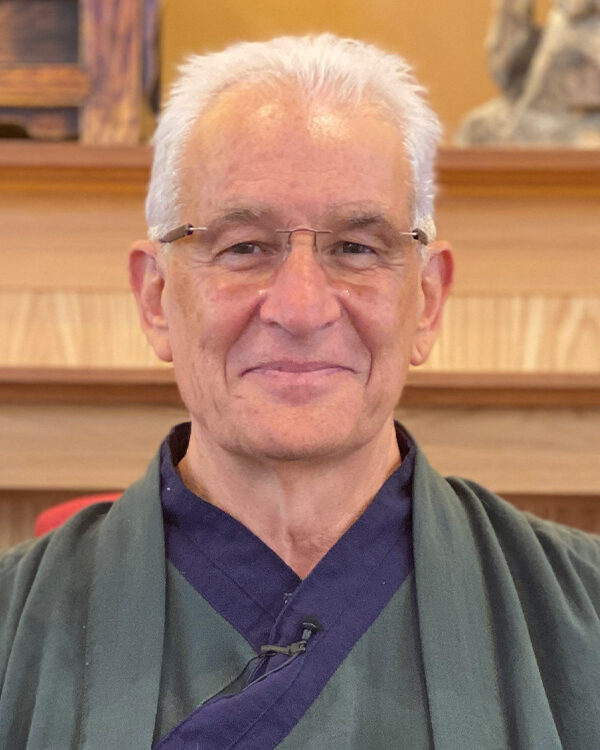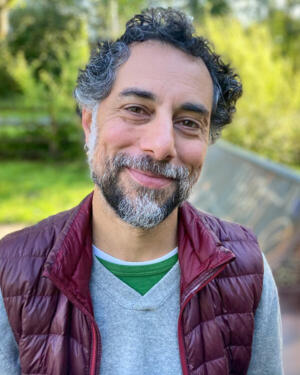On-Land Class Series
Embodied Wisdom: The Alchemy of Qigong and Meditation
Teaching Team

Teja Bell
Teacher
Teja Bell (Fudo Myoo Rōshi 老師) is a lineage dharma teacher and Rinzai Zen master. He is a 6th-degree Black Belt in Aikido and a life-long practitioner and teacher of Chinese Internal Arts and Qigong. Teja integrates dharma and qigong as embodied mindfulness. He taught over 150 retreats at SRMC.
You Might Also Like
Class Series | Online | Dharma Institute
September 5 - October 3, 2024 | 5 Thursdays | 1:00 PM - 3:00 PM
Compassion & Equity: The Buddha's Approach to Social & Political Life
In this 5-week class, part of our ongoing Refuge of Dhamma study series, we look at teachings from the Pāli Canon that reveal the insightful and still valuable approach the Buddha took to issues like caste, commerce, inequality, militarism, and the web of relationships and hierarchy that defines our place in the social order. We will explore how to bring our practices of intention, ethics, and mindful action into engagement with the world, with compassion and wisdom as our guide.

Sean Oakes
Class Series | On-Land | Dharma Institute
September 13 - October 18, 2024 | 6 Fridays | 10:00 AM - 12:00 PM
Mindfulness-Based Nature Connection Course: An Immersion in Nature Meditation Practice
10 CE Credits. In this class series, participants will explore accessible and powerful meditation practices while immersed in the beauty of nature. Each week, we will take our meditation practice outside as a way to deepen our awareness of the natural world and cultivate a natural, mindful attention that can help open our hearts to delight, wisdom, and awe. Along with meditation practice, our time together will also include short talks on various mindfulness-in-nature themes as well as time for discussion and inquiry.

Mark Coleman
Class Series | Online | Dharma Institute
October 23 - November 20, 2024 | 5 Wednesdays | 6:30 PM - 8:30 PM
The Art of Self-Compassion with Chronic Pain
8 CE Credits. Loving a hurting body is not easy. When things are rough, kindness and compassion can soften that experience. For many of us, however, being compassionate to ourselves is challenging, especially when we struggle with chronic pain. Throughout this series you will learn how to use the tools of self-compassion to help your brain and nervous system counterbalance their autopilot modes around pain. Together, we’ll explore the latest research on pain and self-compassion and combine it with ancient wisdom and compassion teachings.

Christiane Wolf